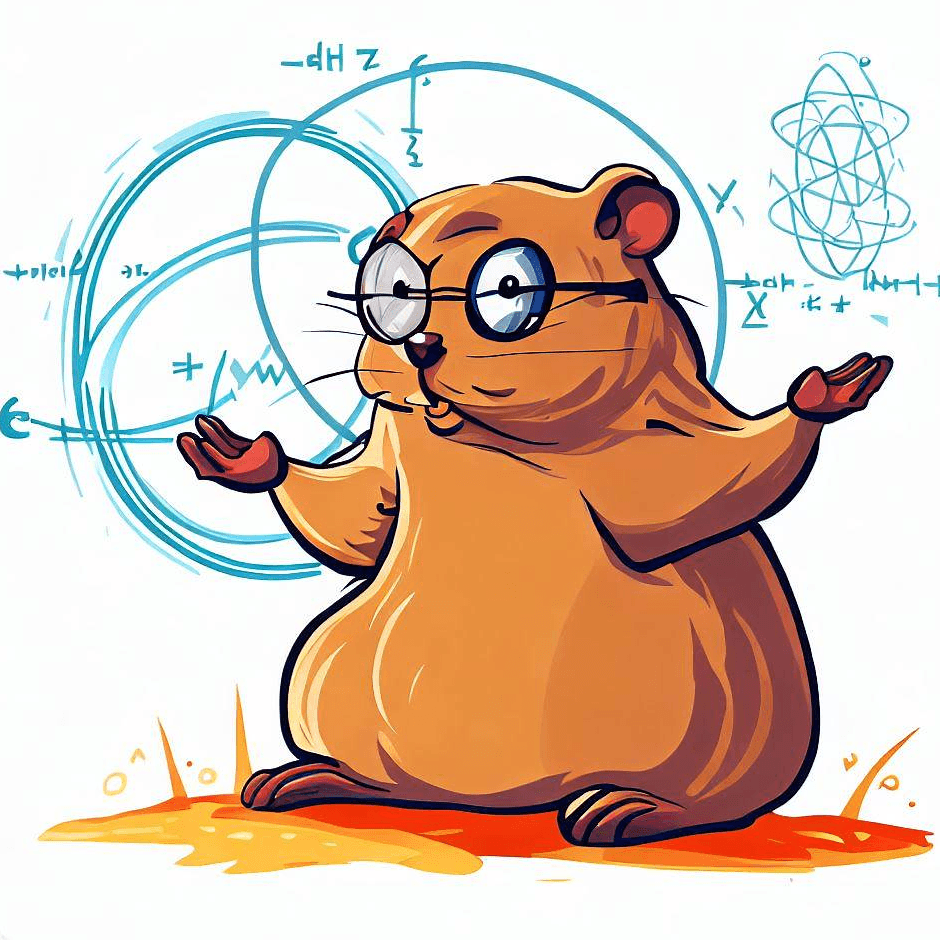
How does the Global Workspace Theory address the role of unconscious processes?
Ah, the Global Workspace Theory brings in some undercover agents - the unconscious processes! 🕵️♀️🔍 While our conscious experiences steal the limelight in the global workspace nightclub, there's also a bustling backstage full of hidden workers. They may not rock the stage like the conscious experiences, but they still play a crucial role in decision-making. These undercover agents gather information, process it, and silently communicate with each other, like a secret spy network 🕵️♂️📞. The global workspace theory acknowledges the importance of these unconscious processes in shaping our decisions, even if they don't get a chance to strut their stuff on the conscious stage. So next time you make a decision, remember, there's a whole team of hidden heroes working behind the scenes to help you out! 🦸♂️🌟😎
- How does the Global Workspace Theory relate to brain activity and neural networks?
- What are some criticisms or limitations of the Global Workspace Theory?
- Can the Global Workspace Theory help explain subconscious biases or automatic responses?
- How does the Global Workspace Theory align with other theories of consciousness?
- Can you give an example of how unconscious processes can influence decision-making?
- Does the Global Workspace Theory have implications for artificial intelligence or consciousness in machines?
- Can the Global Workspace Theory explain dreams and unconscious thoughts?
- Are there any practical applications or real-world implications of the Global Workspace Theory?
- What are some other theories or models of decision-making that complement or challenge the Global Workspace Theory?
- Can you explain the global workspace metaphor in more detail?